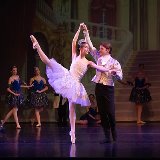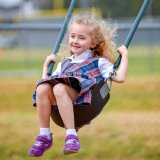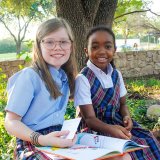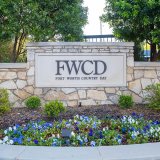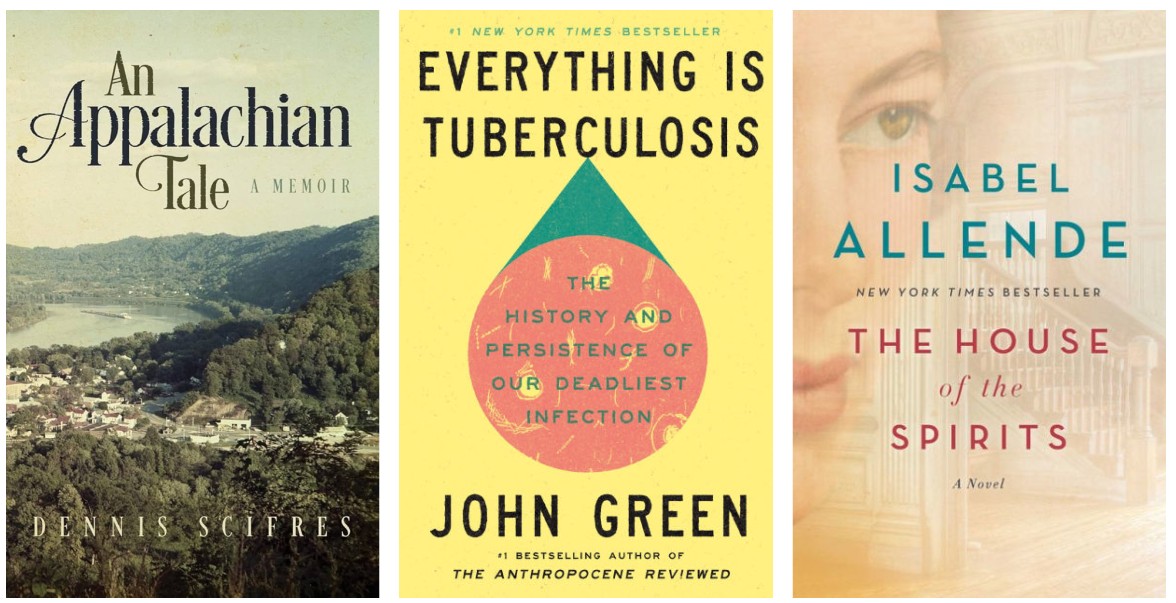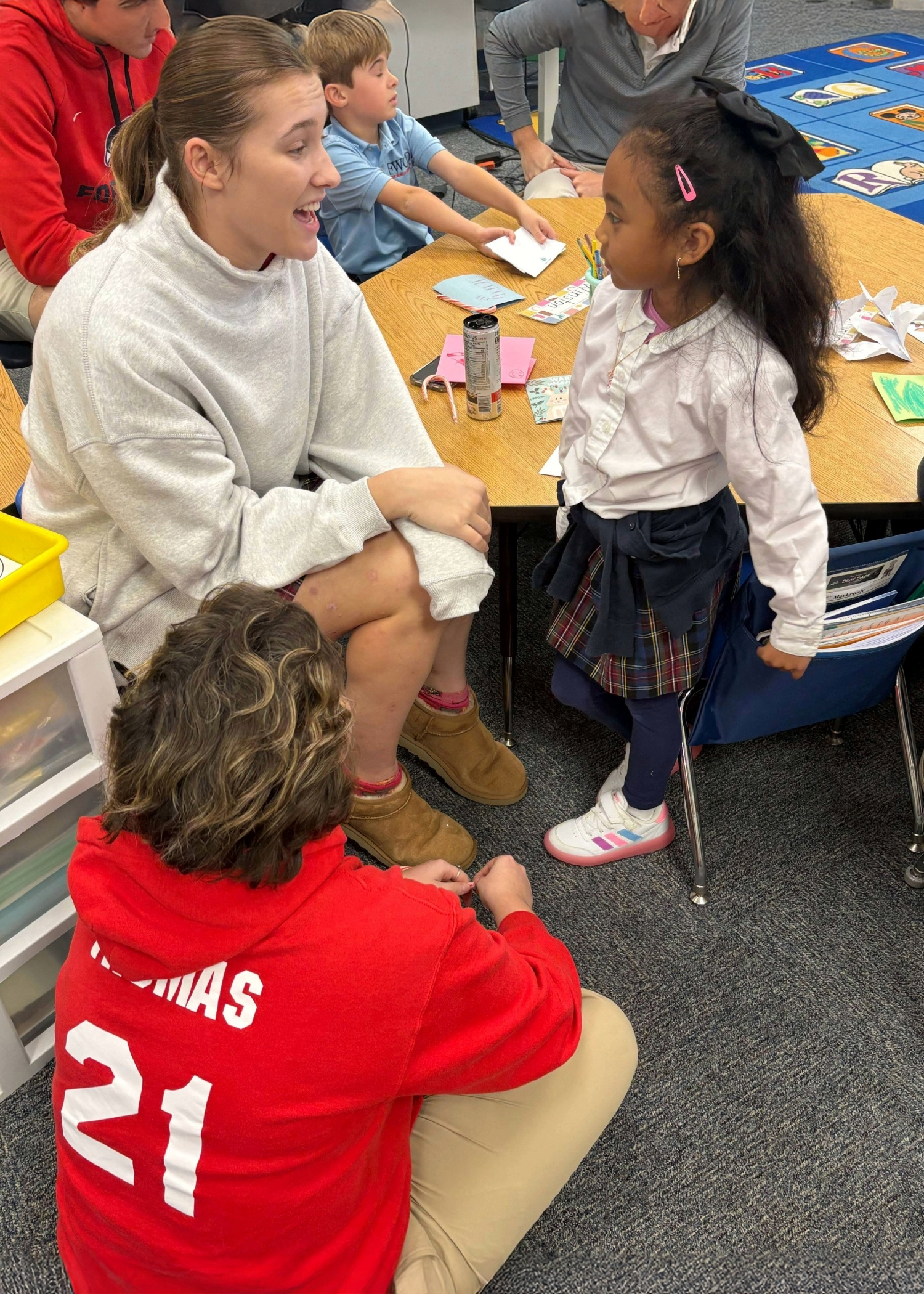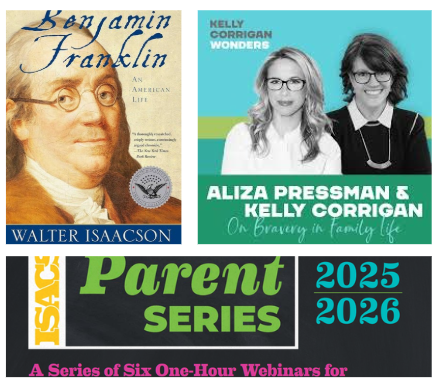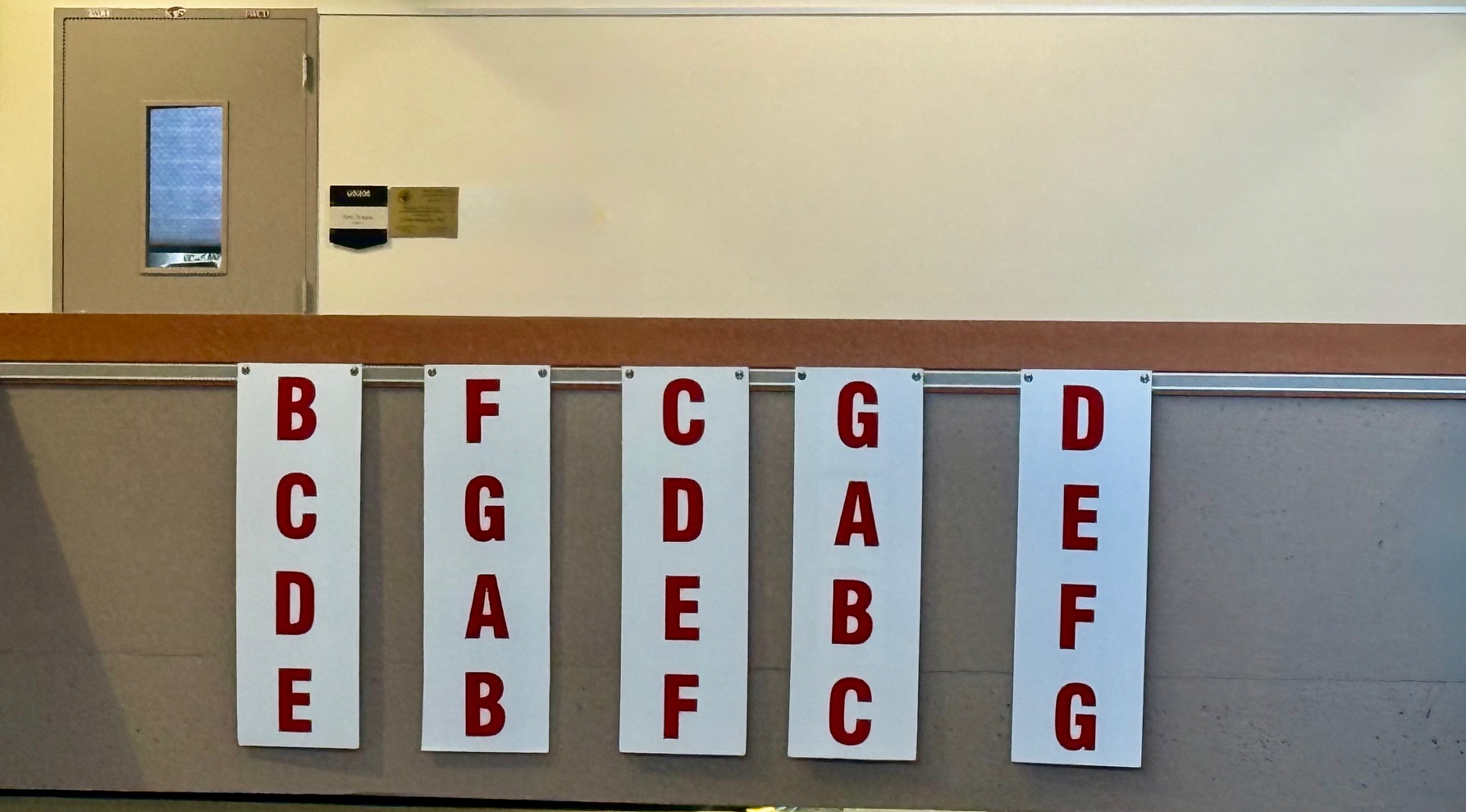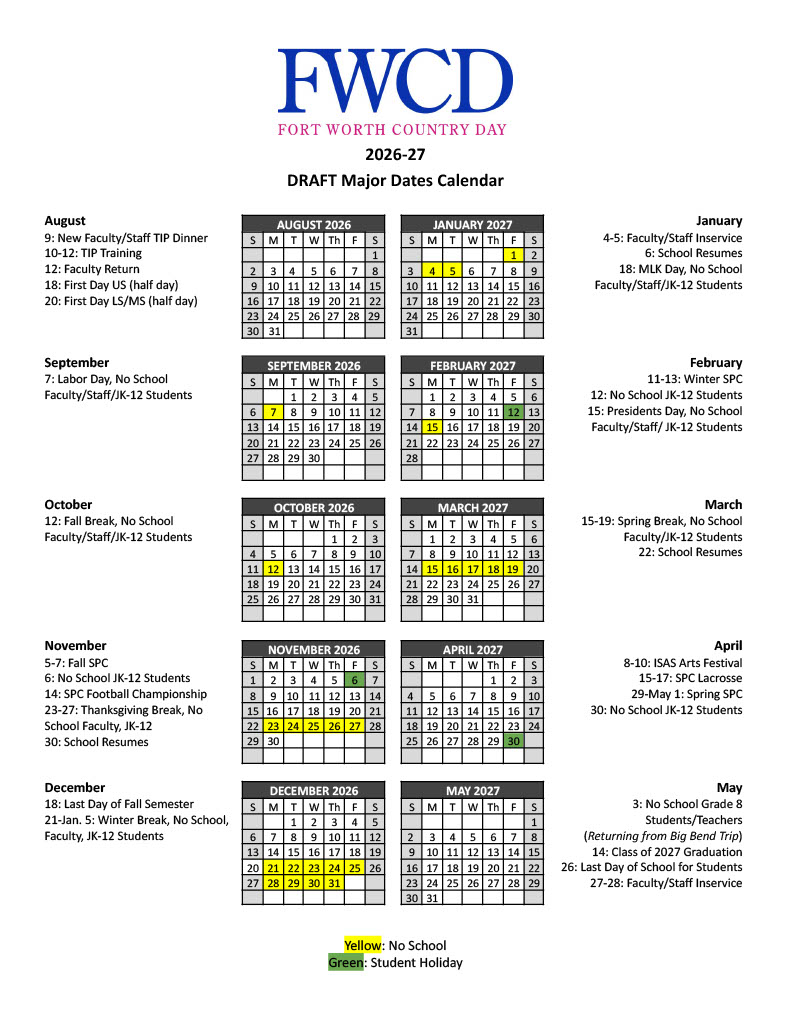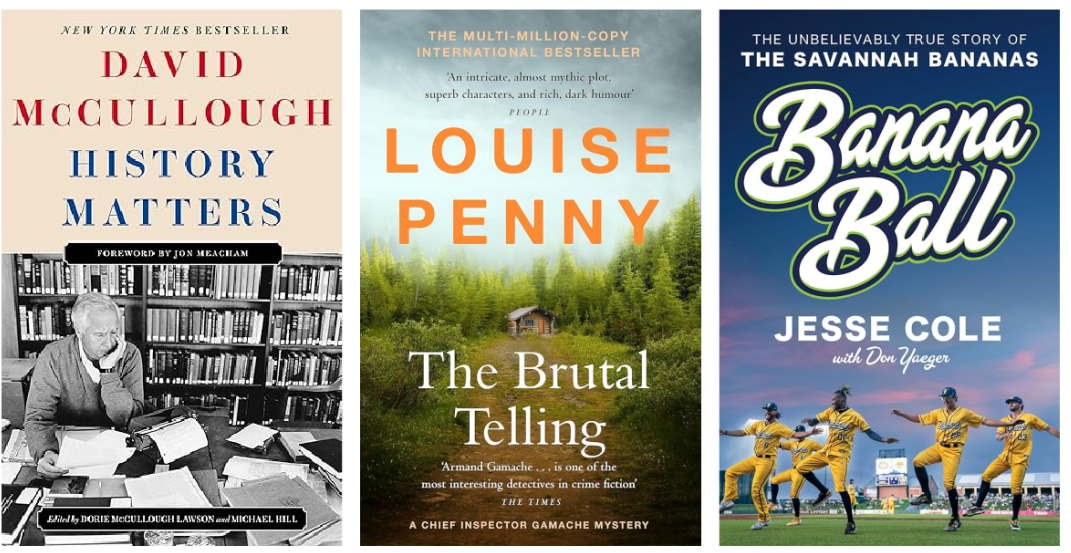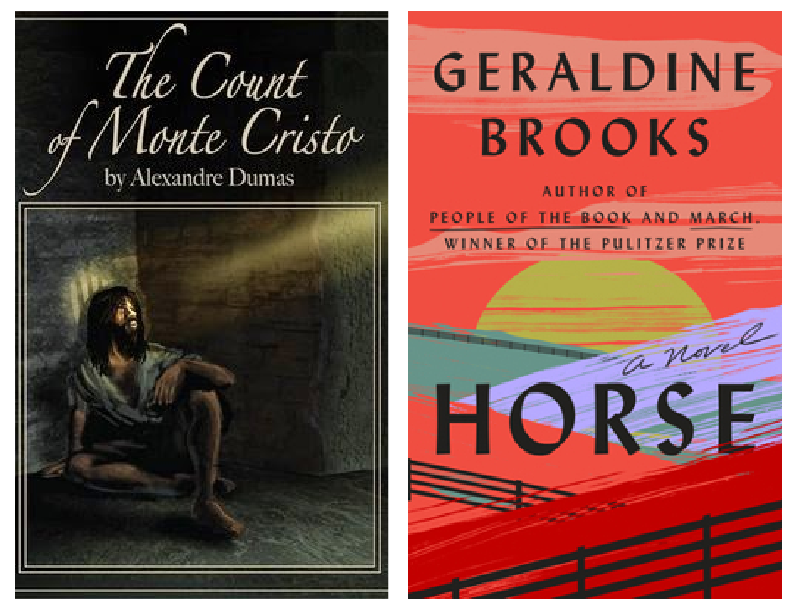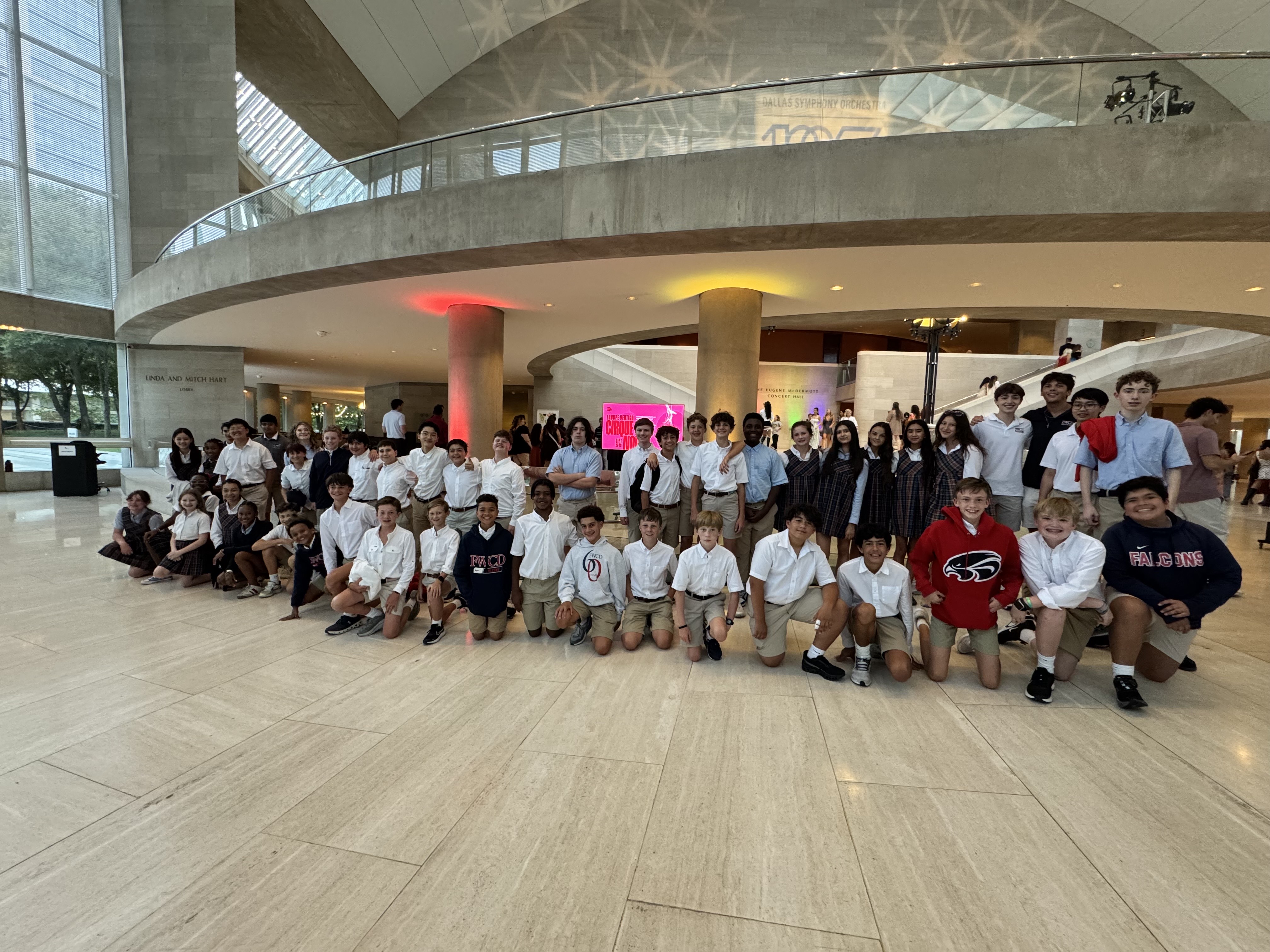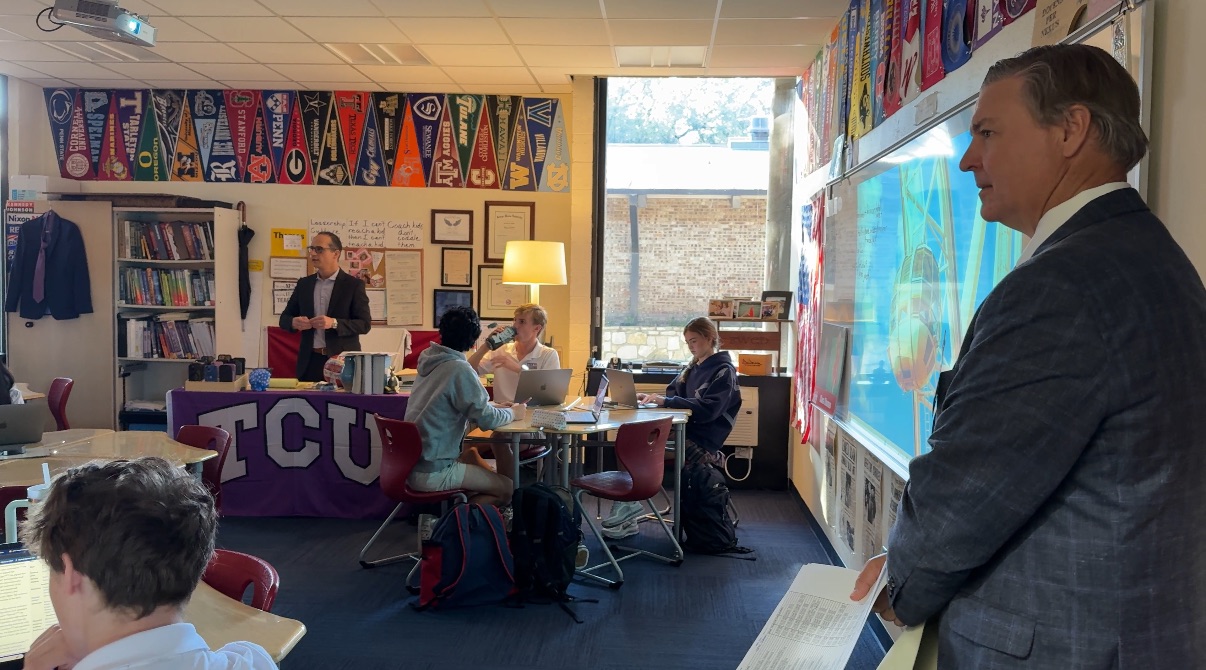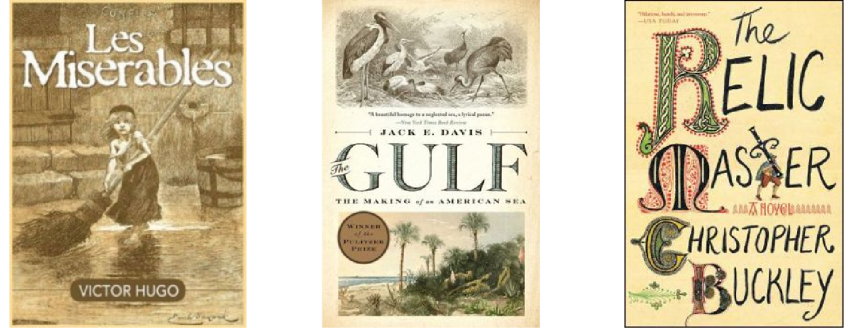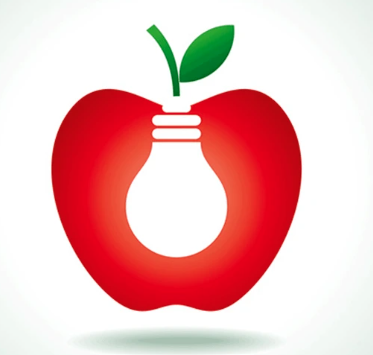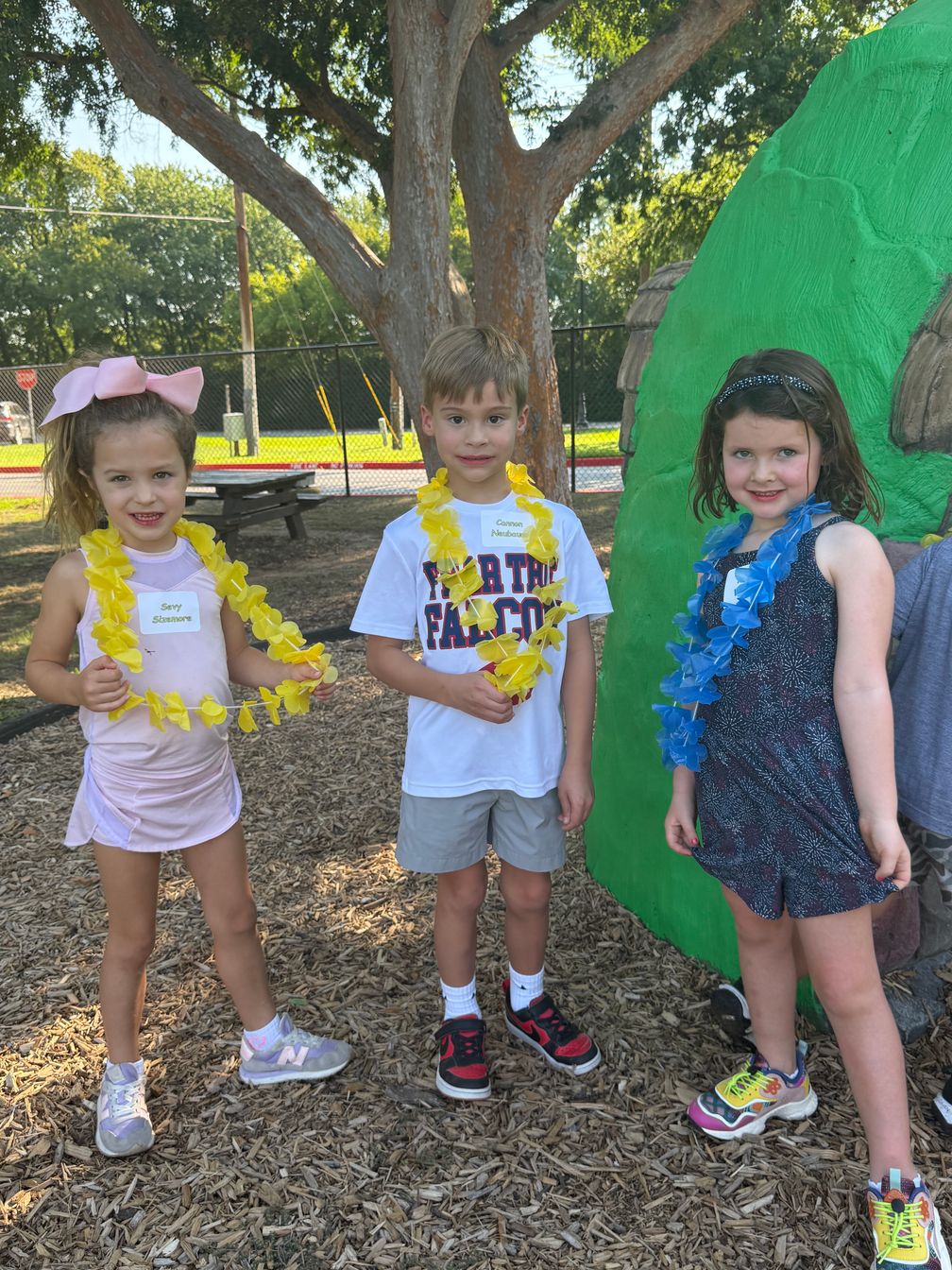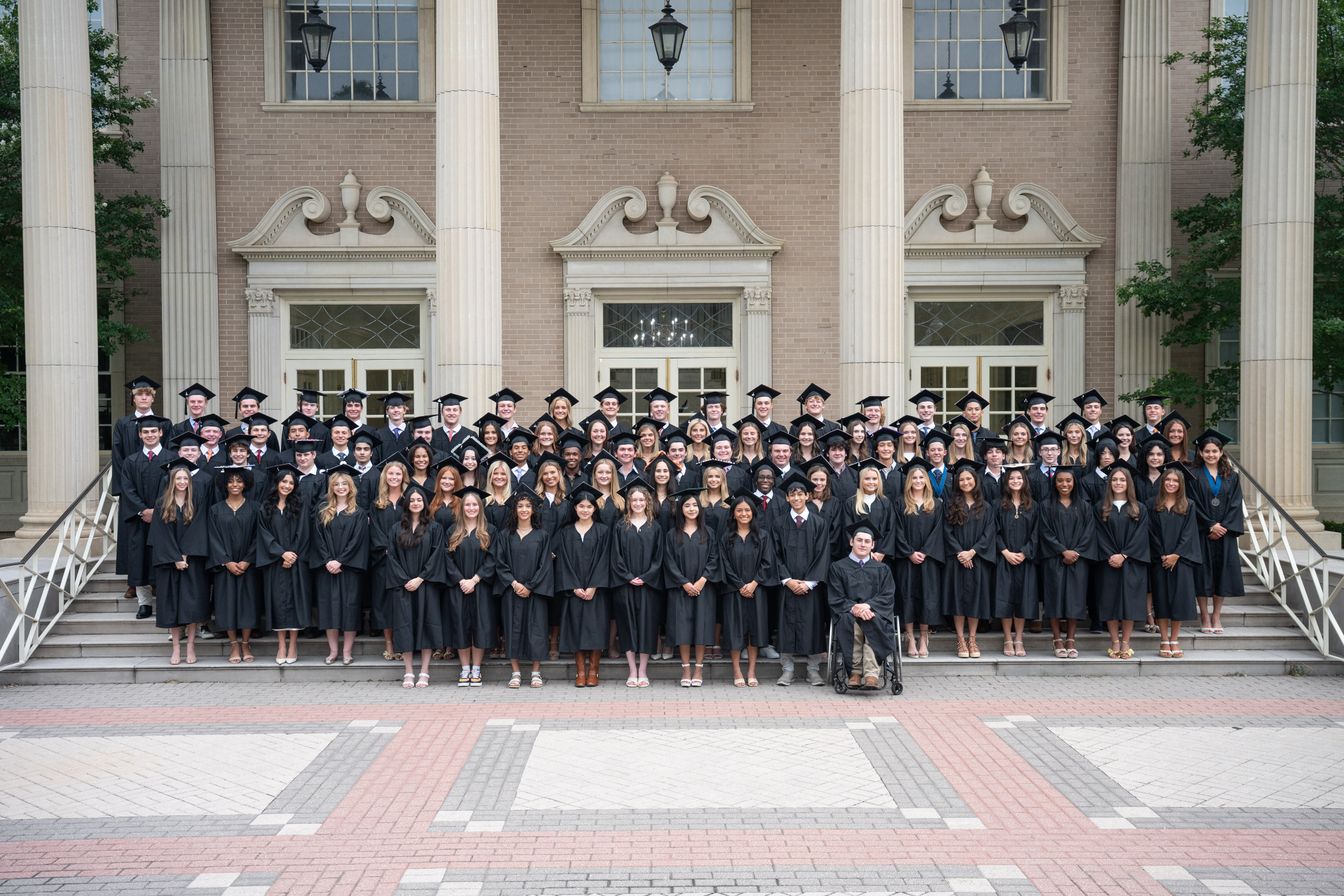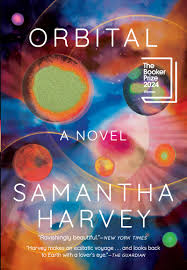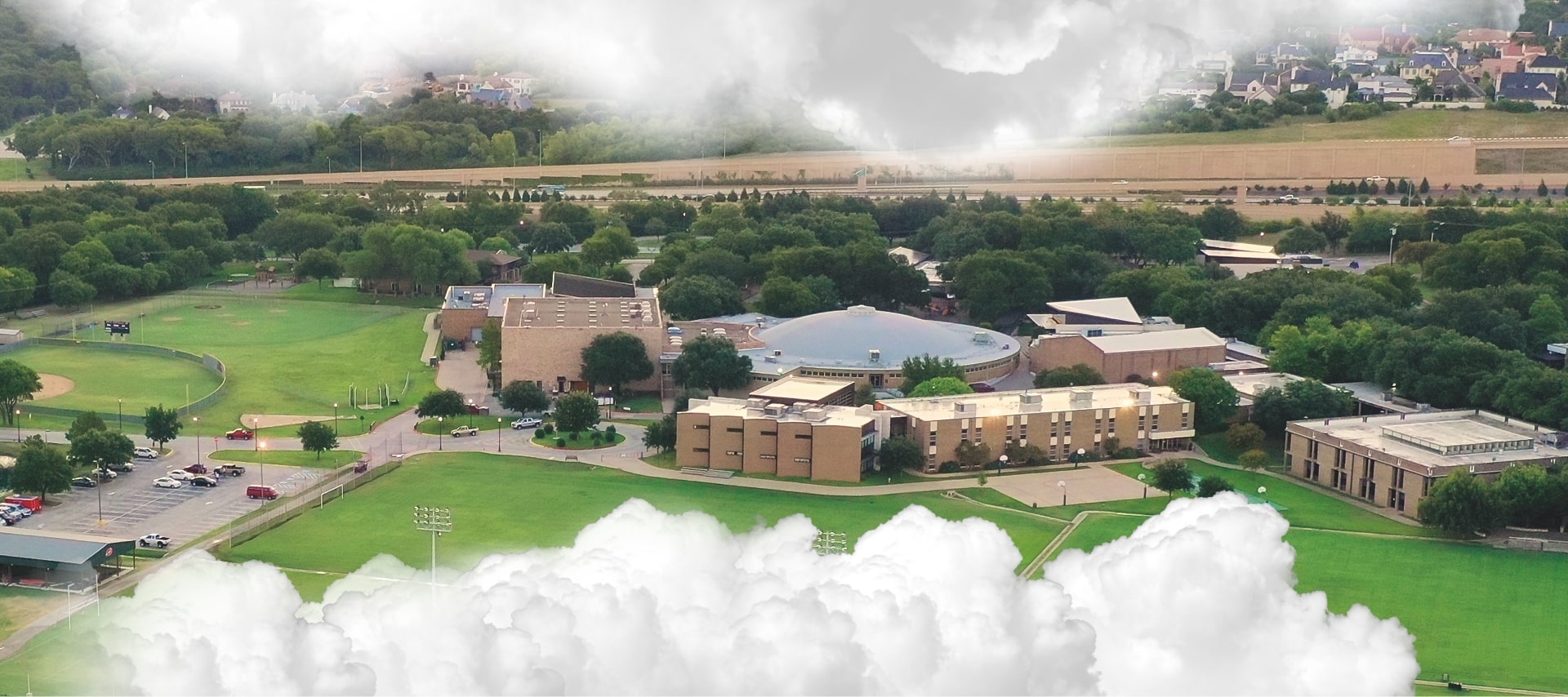Seen Read Heard: May/June 2025
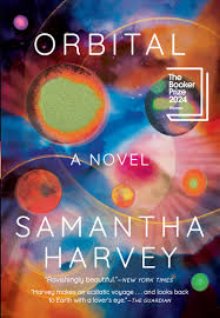
My May/June reads include Orbital by Samantha Harvey and a musing on my mom and dad’s magazine subscriptions.
Orbital by Samantha Harvey
My reaction to a book certainly varies depending on the mood I am in when I am reading it. I remember loving Watership Down in 1975, as I spent many days sitting in a window seat with it raining outside. I felt cozy and secure. The book felt like an extension of my coziness and security. I first read Don Quixote as a part of a required summer course in college. No doubt, the setting of hours spent outdoors in the New Hampshire June and July, reading and discussing the book, generated all sorts of excitement for my 20-year-old self, helping me absolutely love the quirky tales of Quixote and Sancho. And what better audience than me and my fellow first-year college students to read "How to Lie with Statistics" (Huff, 1954)? I have recommended that book since 1981, given its powerful impact on me: I was being allowed to see behind the Wizard’s curtain to where “facts” were found as I developed my own personal opinions.
Maybe Orbital, a 2024 Booker Award winner, then, was destined to be a hit for me, given it was my first read after the ending of the 2024-25 school year. Perhaps the rhythm of the school year I always note in May and June (see above), played a role in my thinking that this novel, chosen very casually by my book group based only on its awards (Booker and others) and its length (short), was incredibly powerful. As the dust was settling from the just ended 2024-25, my mind seemed more available, more able to take in the flashing beacons of the book’s significant observations.
I am hesitant to recommend books. The person I recommend a book to is likely not in that same mood I was in when I loved it, and they certainly bring different experiences to the book than I do. But, for me, in May 2025, the reward in Harvey’s 200-page story was huge. I am close as I get to feeling like this one is a highly recommended read. Telling the story of six astronauts on the space station’s final mission, chronicling their repeated orbits around the earth, Harvey created a setting so simple it’s profound, a stage on which she shared insights about our planet, about belief in God, about humanity.
Some excerpts follow.
Simple, provocative one-off observations:
“But there are no new thoughts. They’re just old thoughts born into new moments …” (12)
“To itch with a desire for fulfillment that we can’t quite scratch …” (44)
“... a person is not beautiful because they’re good, they’re beautiful because they're alive, like a child.” (76)
“Their family shuffled sideways through the crack of fate.” (89)
“We think we’re the wind, but we’re just the leaf.” (161)
“They don’t know how it can be that their view is so endlessly repetitive and yet each time, every single time, newly born.” (193)
An incredible analysis of Velázquez’s Las Meninas (1656), included as a back story to the relationship of an astronaut and his wife, concludes that the real star of the famous painting is the dog with his eyes closed and not in any complicated human relationship or costume. (158-159)
Questions about a God:
“[She] wants sometimes to ask … how it is he can be an astronaut and believe in God, a Creationist God that is, but she knows … [he’d] ask how it is she can be an astronaut and not believe in God.” (66)
“... a tree made by the hand of nature and a tree made by the hand of an artist. It’s barely any difference at all, and the profoundest difference in the world.” (67)
Observations on the beauty of the earth from space, its physical beauty and its sense of unity, its lack of boundaries and divisions, most of which are human creations:
“There’s no wall or barrier [as the astronauts look from space back on earth] - no tribes, no war or corruption or particular cause for fear.” (108)
“Humankind is not this nation or that, it is all together, always together come what may.” (203)
“Continents and countries come one after the other and the earth feels - not small, but almost endlessly connected, an epic poem of flowing verses.” (188)
“Yet it’s clearly not that kingly earth of old, a God-given clod too stout and stately to be able to move about the ballroom of space: no. Its beauty echoes - its beauty is its echoing, its ringing singing lightness. It’s not peripheral and it’s not the centre; it’s not everything and it’s not nothing, but it seems much more than something. It’s made of rock but appears from here as gleam and ether, a nimble planet that moves three ways ….” (41)
“... [I]f you could get far enough away from the earth you’d be able finally to understand it … [n]ot to understand its mystery, but to understand that it is mysterious.” (77)
Humanity from K to 12 and beyond:
“Maybe human civilisation is like a single life - we grow out of the royalty of childhood into supreme normality; we find out about our own unspecialness and in a flush of innocence we feel quite glad - if we’re not special then we might not be alone … companionship is our consolation for being trivial.” (42)
Mom and Dad’s Magazine Subscriptions
I do not have a particular article or even magazine to share this month, but wanted to rather share that I think a lot about the impact of my parents’ subscriptions on my early reading and news gathering. They sought a variety of perspectives. From a short-lived creation known as World Press Review to The Week: The Best of US and International Media, they sought sources that collected a variety of viewpoints.For the Middle East, their search for understanding included, once the internet made it easy, articles from Al Jazeera and Haaretz, both of which have their own biases, but, when added to other sources, provided helpful variation on traditional sources in the United States. For the world as a whole, they subscribed to The Economist and The Christian Science Monitor. The television news was not really part of their repertoire. Their openness to different perspectives and their hunger for the fullest picture possible of world and national events was a valuable model I hope I have spread as a history teacher myself.
